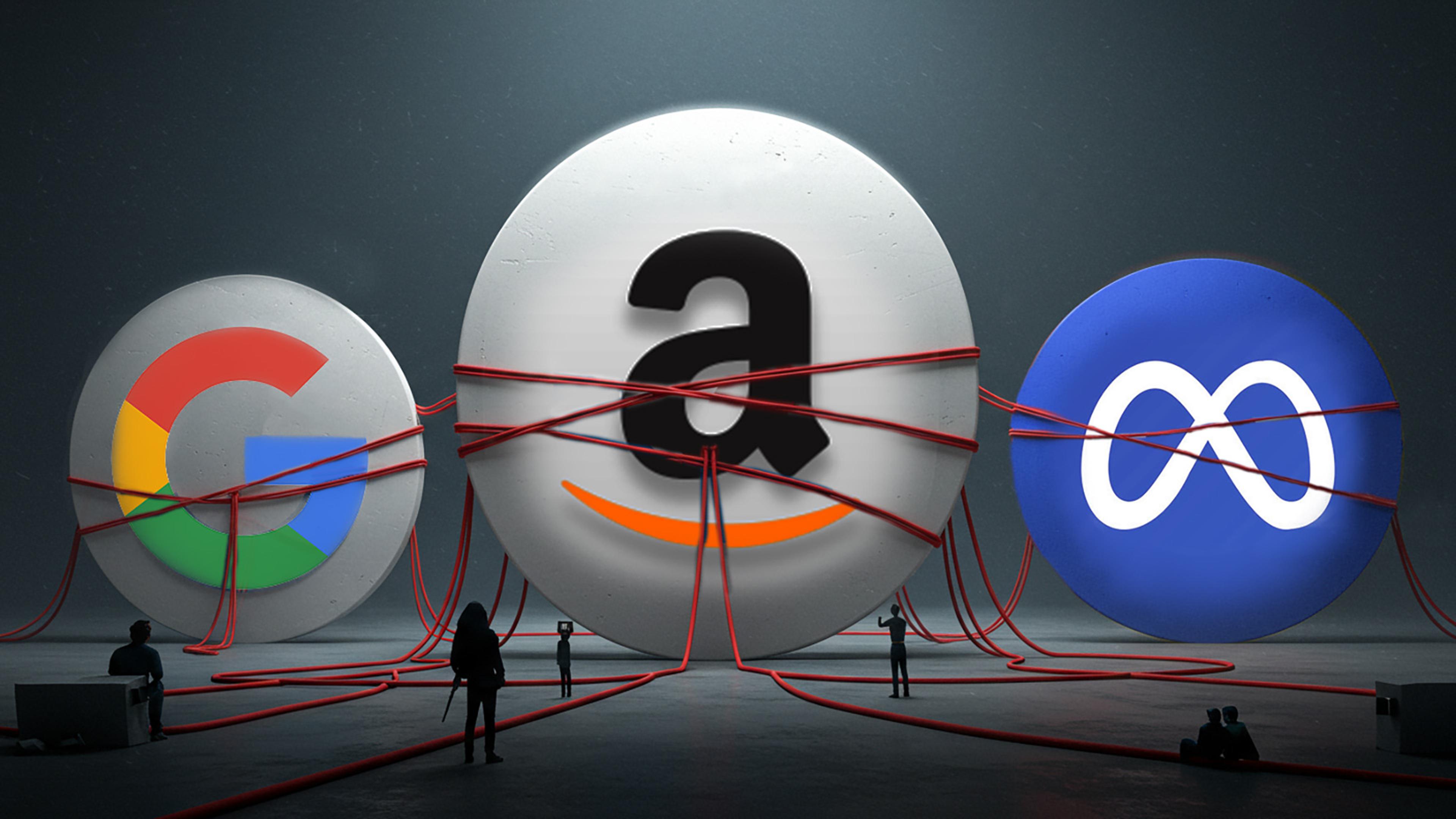Egypt’s Content Moderation Regulation
The Framework
Egypt’s Supreme Council for Media Regulation (SCMR) wields expansive authority under the 2018 Press and Media Law and the Anti-Cyber and Information Technology Crimes Law to regulate all digital platforms operating in the country.[1] The framework mandates that websites and social media accounts with over 5,000 followers obtain licenses costing E£50,000, while digital platforms face fees of E£500,000 and minimum capital requirements ranging from E£100,000 to E£50 million depending on their classification.[2] Platforms must incorporate as Egyptian companies, store all content on local servers for at least one year, appoint broadcasting managers, and remove content upon SCMR request without defined timeframes or clear standards for what constitutes prohibited material.[3] In June 2024, Egyptian authorities escalated enforcement by announcing plans to block all unlicensed platforms within three months and ordering banks to halt financial transfers to platforms operating “illegally” without licenses, effectively creating a comply-or-exit ultimatum for U.S. technology companies.[4]
Implications for U.S. Technology Leadership
These requirements systematically disadvantage U.S. technology companies by imposing Egyptian-specific infrastructure and compliance systems that fragment their global operations. American platforms must divert engineering resources to establish local data storage, develop content moderation procedures aligned with vague Egyptian “values,” and maintain dedicated legal teams to navigate licensing requirements that smaller competitors can avoid by remaining below follower thresholds. The mandatory localization undermines the operational efficiencies that have enabled U.S. platforms to achieve global scale, forcing them to replicate infrastructure and personnel across jurisdictions rather than leveraging unified systems.
The Egyptian framework exemplifies how content moderation regulations create cumulative burdens that weaken U.S. technology leadership. As American companies allocate resources to comply with Egypt’s licensing fees, capital requirements, and content restrictions, they lose competitive ground to platforms from countries without similar regulatory constraints or those backed by state resources that can absorb compliance costs. The SCMR’s broad authority to block platforms and mandate content removal without clear standards creates ongoing legal uncertainty that diverts management attention from product innovation to regulatory risk mitigation, while the fragmentation of global compliance frameworks prevents U.S. companies from achieving the economies of scale necessary to maintain technological advantages in the global market.
Endnotes
[1] DPA Digital Digest: Egypt [2025 Edition], Digital Policy Alert, accessed June 5, 2025, https://digitalpolicyalert.org/digest/dpa-digital-digest-egypt.
[2] “In brief: media law and regulation in Egypt,” Lexology, June 24, 2021, https://www.lexology.com/library/detail.aspx?g=0c500c21-b8e6-4b54-8a00-558130c57ca0.
[3] Hoda El-Beheiry and Salma Abdelaziz, “In review: media law in Egypt,” Lexology, January 6, 2023, https://www.lexology.com/library/detail.aspx?g=03c18e42-a307-446c-8248-530e1b8a512f.
[4] “Egypt to block unlicensed digital and satellite platforms within three months,” Egypt Independent, June 14, 2024, https://www.egyptindependent.com/egypt-to-block-unlicensed-digital-and-satellite-platforms-within-three-months/.
Related
June 9, 2025
Nigeria’s Content Moderation Regulation
June 9, 2025
Malaysia’s Digital Licensing Mandate
June 9, 2025


